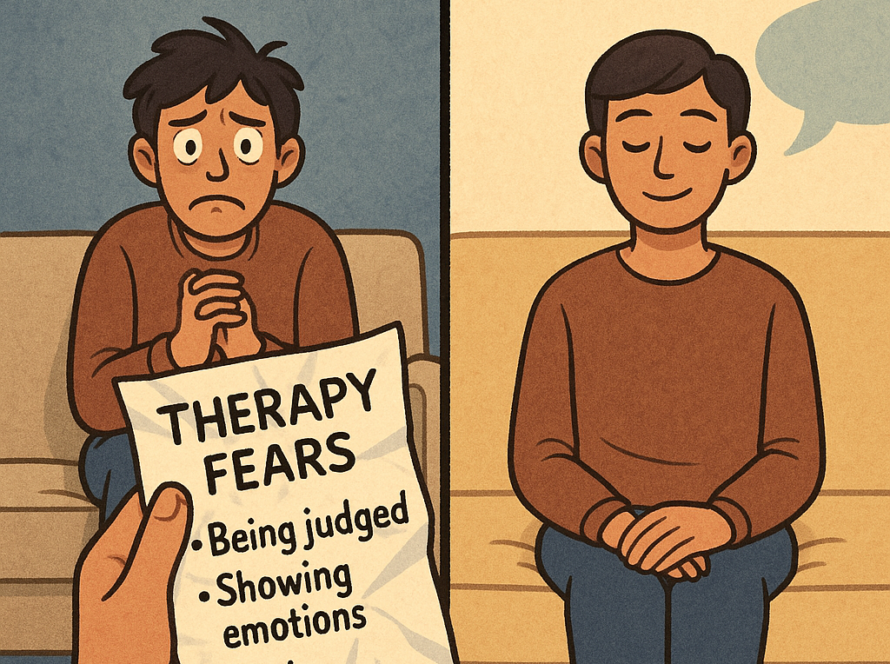Choosing between private practice and an organizational role (like hospitals, NGOs, or clinics) is one of the biggest decisions therapists face. While everyone talks about “freedom” vs. “stability,” the real pros and cons often fly under the radar. Let’s uncover what no one warns you about—so you can choose wisely.
The Hidden Truths of Private Practice
The Good Stuff Nobody Mentions
- You Control Your Niche: Specialize in exactly what excites you (e.g., art therapy for teens vs. general counseling).
- Unlimited Earning Potential: Charge premium rates for niche services—if you can market yourself.
- Flexible Creativity: Design your space, sessions, and even work hours (night owls, rejoice!).
The Ugly Surprises
- You’re a CEO, Not Just a Therapist: 30% of your time goes to admin—billing, taxes, SEO, and fighting with insurance companies.
- Isolation is Real: No watercooler chats. Burnout creeps in fast without colleagues to vent to.
- Feast or Famine: Some months you’re overbooked; others, you’re hustling for clients.
Pro Tip: *“Track expenses religiously. That ‘$200/hr’ rate shrinks after rent, software, and healthcare.”*
The Unspoken Realities of Organizational Work
The Quiet Perks
- Built-In Community: Supervision, team lunches, and shared case loads reduce loneliness.
- Steady Paycheck: No chasing invoices—ideal if you hate financial uncertainty.
- Diverse Clients: Exposure to complex cases (e.g., hospital settings) sharpens skills fast.
The Hidden Traps
- Bureaucracy Burns Patience: Getting approval for new programs can take months.
- Limited Autonomy: Use the agency’s methods, even if you disagree.
- Glass Ceilings: Promotions often mean less client time and more paperwork.
Pro Tip: “Ask about growth paths in interviews. Will you train others? Lead programs? Or stay siloed?”
Key Questions to Ask Yourself
- Can You Handle Uncertainty? Private practice = unpredictable income. Organizations = predictable but capped.
- Do You Crave Collaboration? Solo practice means DIY problem-solving.
- What’s Your Risk Tolerance? Private practice requires startup costs (3k–3k–10k for licenses, rent, website).
- How Important is Work-Life Balance? Organizations clock out at 5 PM. Private practice? Clients may demand evenings/weekends.
Real-Life Scenarios: What Decided It for Others
- Priya, 28: Chose an NGO for mentorship but left after 2 years due to rigid hierarchies. Now runs a private practice for LGBTQ+ teens.
- Raj, 40: Switched from private practice to a hospital for steady hours after having kids. Misses creative freedom but loves the stability.
How to Test the Waters Before Committing
- Shadow Someone: Spend a day with a private-practice therapist and an organizational counselor.
- Freelance First: Take part-time org work while building private clients on the side.
- Join a Collective: Share office costs with other therapists to reduce private practice risks.
Final Thoughts: There’s No “Right” Answer
Your ideal path depends on your personality, financial needs, and career stage. Private practice offers freedom but demands hustle. Organizations provide structure but limit autonomy.
Still stuck? Reach out to us at +91-9310885868 – we’re here for you.
Which path are you leaning toward—or have you tried both? Share your story below!



